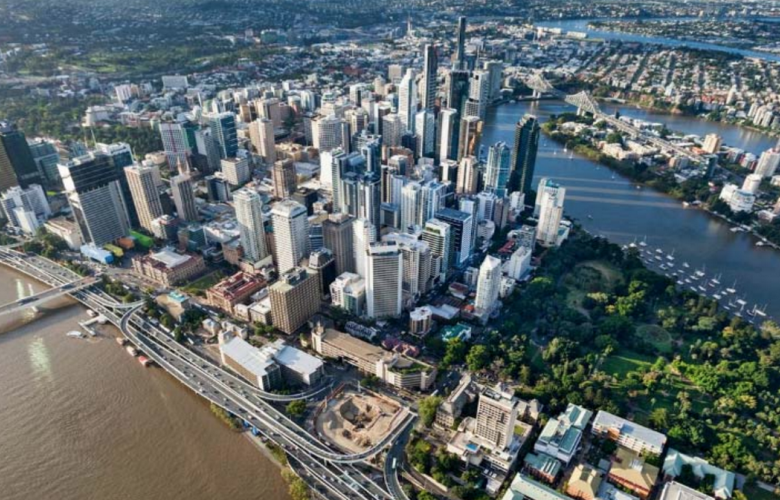A boutique Brisbane apartment is a sound investment
Contact
A boutique Brisbane apartment is a sound investment
JLL expects investor demand from interstate and foreign buyers to continue in the short-term.
Strong demand from both interstate and foreign investors has fueled Brisbane's flourishing apartment market, says JLL in their latest Brisbane Apartment Market Indicators Report. The global firm says Brisbane will continue to experience steady demand for inner city residential apartments due to its value proposition and higher yields.
While Brisbane's gross rental yields have tightened over the last quarter, falling from 5.2 to 5.1 percent, gross rental yields are still relatively high compared to Sydney and Melbourne.
"Sydney and Melbourne have witnessed an increase in high density living and Brisbane is following suit," said JLL’s Director of Residential Research, Rupa Ganguli. "For the 2015 financial year, apartments made up over 45 percent of all approvals to build new private sector dwellings, which was a record high. A combination of low interest rates, improving market confidence and relatively affordable price points, particularly for investor buyers, have led to housing prices reaching a historical high in Brisbane."
The firm says there are currently 19,800 apartments either under-construction or being marketed within the inner city precincts of Brisbane, expected to be completed between now and 2017. A further 19,700 apartments in inner city Brisbane are currently proposed or in the early planning stages.
With so many new apartments coming to the market, JLL expects Brisbane's rental growth will slow and yields may continue to fall, especially for what it terms "generic ‘investor type’ stock."
The pace of capital growth in the apartment market is also expected to slow, but JLL says opportunities will be available to those willing to service the high-end, owner occupier demand.
They predict projects comprising less than 150 units are likely to perform well for developers as they provide a lower risk profile, and owner occupier demand for large apartments in boutique projects is expected to persist at least in the short-term as this market has historically been relatively under supplied.
"Given the intensity of competition and future supply, some developers have moved away from the highly competitive investor stock and are focused on smaller owner-occupier projects where there is currently strong demand from couples seeking to down size from their existing suburban homes and development funding is more readily available," said Ganguli.
The firm believes Brisbane will continue to attract capital from foreign developers as Australian property continues to appeal to overseas investors.





